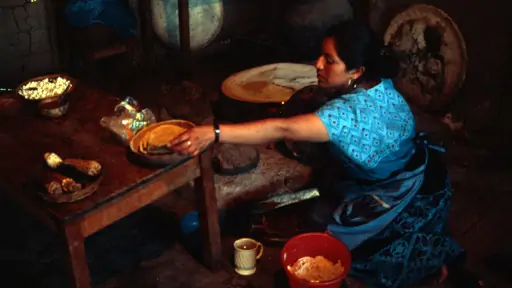Indigenous Calendar November, 2015: Popularism, Romanticism, Christopher Columbus and Truth

Cristoforo Colombo is the birth name of the Italian explorer and navigator better known as Christopher Columbus. He (or, more likely, one of the other crewmembers aboard the Pinta) sighted land in the 'New World' of the Americas on October 12, 1492. Columbus Day marks the 'celebration' of this 'discovery.'
Columbus did not discover the Americas: the lands had already been inhabited by tens of millions of people for thousands of years. He may not have even been the first European to arrive in the Americas: there is evidence that the Norse explorer Leif Erikson arrived almost five hundred years earlier. He did not 'civilize' the indigenous people of the Americas: they had established societies that were in many ways more advanced than any contemporary European societies. He was among the world's first human traffickers: he is known to have taken slaves and transported some of them back to Europe. He is still the most impactful Christian missionary: most of the present-day inhabitants of the Americas identify themselves as Christian. He was not thought to be insane by believing the world was round: most scholars of the time had no doubt that it was.
These facts are largely neglected in popular media narratives that instead continue to portray Columbus as the discoverer of the Americas, the civilizer of its 'primitive' people and the first to prove that the earth is round. So it should not be surprising that we are only now beginning to accept what scientists and historians have known for a long time.
This year the movement in the Americas to recognize Indigenous People's Day in place of Columbus Day continued to grow; and the number of people who chose to educate themselves about Columbus' true legacy continued to increase.
Another fact about Columbus is that he paved the way for the introduction of viruses from Europe to the Americas that eventually killed more people than any spread of viruses since. A few years ago I'd entered a small Tzotzil village in Mexico. As this photo shows, the houses were basic. I was with a handful of other visitors and, as our Tzotzil host was setting the table to serve us a basic meal, one of my companions asked whether eating there was safe and if there was any risk of catching a virus.
I spent October 12 this year in Uruguay. It is also a public holiday there, but, in contrast to Columbus Day, Día de la Raza is a celebration of the multicultural and multiethnic makeup of the Americas. People began populating what is now Uruguay at least twelve thousand years ago. Today there are effectively no indigenous people left in the country and only a few who even claim indigenous heritage. It is no surprise that the country does not celebrate Día de Cristoforo Colombo.
The Tzotzil Maya are featured in our documentary, Ancient and Modern Mayan Peoples.
If you enjoyed reading this article, please consider supporting independent, advertising-free journalism by buying us a coffee to help us cover the cost of hosting our web site. Please click on the link or scan the QR code. Thanks!


